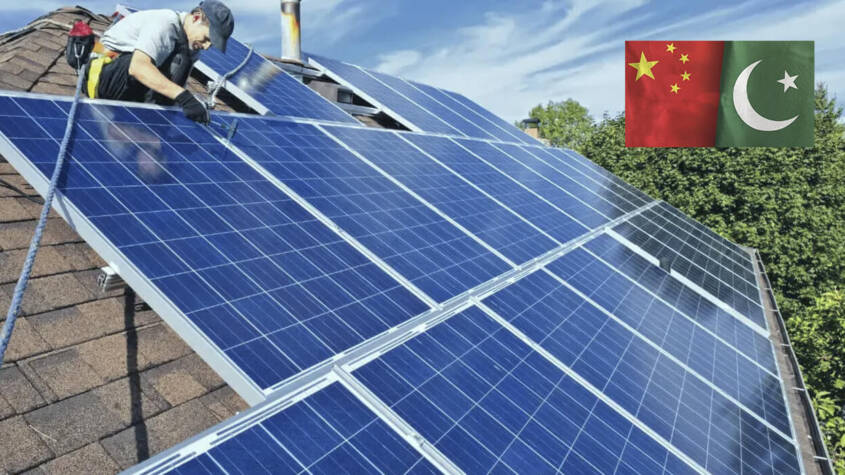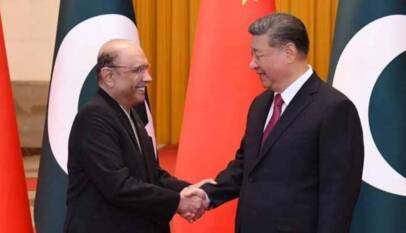Pakistan Becomes Second-Largest Market for Chinese Solar Exports in 2024
Pakistan has become a key market for Chinese photovoltaic (PV) exports, with module and inverter imports surging. In the first half of 2024, Pakistan became the second-largest market for Chinese PV products, reflecting a growing demand for renewable energy. With government support for solar power and rising electricity prices, businesses like Forward Sports are rapidly increasing their solar energy use, aiming to boost Pakistan’s PV capacity to 12.8GW by 2030.
Pakistan has emerged as a significant new market for Chinese photovoltaic (PV) companies, aligning with its path toward energy transformation.
According to statistics from the China Photovoltaic Industry Association (CPIA), in the first half of 2024, Asia overtook Europe as the largest export destination for PV products and Pakistan has become the second-largest market for module exports after Europe.
During the same period, China exported inverters worth a total of RMB 1.714 billion to Pakistan. In August alone, the total value of inverter exports to Pakistan reached 326 million yuan, showing a year-on-year surge of 429.04%. And shimmering blue panels now sit atop a vast array of factories, households, hospitals and mosques.
The surge in exports of photovoltaics and supporting products reflects the urgency of turning to new energy power generation in Pakistan, China Economic Net reported on Tuesday.
“Electricity prices continue to rise; thus, people are trying to find their own way out,” Abbas a Pakistani trader said at the Investment and Trade Forum for Cooperation between East and West China.
As of June 2023, the installed capacity of solar power in Pakistan stood at 630 megawatts, namely 1.4% of the overall installed power capacity, which has a huge room for improvement.
In terms of natural conditions, according to the World Bank’s Global Solar Atlas data, taking Balochistan with good lighting conditions as an example, the average annual total photovoltaic output power of a 1KW household photovoltaic system can reach 1990kWh (corresponding to approximately 1990h of sunlight), which is approximately 41% and 59% higher than New Delhi, India and Shandong Province, China, respectively; the Global Tilted Irradiance (GTI) can reach 2536.5KWh/square meter, which is approximately 36% and 61% higher than New Delhi, India and Shandong Province, China respectively.
In terms of policies, for the past few years, the Pakistani government has highly supported the development of renewable energy, setting a strategic goal of increasing the share of renewable energy and alternative energy in Pakistan’s electricity market to 20% by 2025 and to 30% by 2030.
The IGCEP2047 released by NEPRA showed that Pakistan’s PV installed capacity will achieve leapfrog growth in the next few years. It is expected that by 2030, the PV installed capacity will reach 12.8GW, and by 2047 it is expected to reach 26.9GW. According to calculations, in order to achieve the 2030/2047 goals, the average annual new PV installed capacity needs to reach 1.65/1.07GW respectively.
Businesses in Pakistan are racing to cover their factory rooftops with reasonably priced Chinese solar panels. “Every bit of space I have, even if it’s a few feet, I want it covered in solar panels,” said Khawaja Masood Akhtar, chief executive of Forward Sports, whose factory is one of the world’s largest makers of footballs. His company had already doubled the level of solar in its energy mix to 50% over the past two years. Akhtar is now ploughing a chunk of last year’s profits into importing another haul of panels from China to lift the share of solar supply to his operations to 80% by next April.
Chinese company, NEVs begins vehicles’ deliveries in Pakistan’s major cities
China’s BYD, a global leader in New Energy Vehicles (NEVs), and Pakistan’s Mega Motor Comp…













